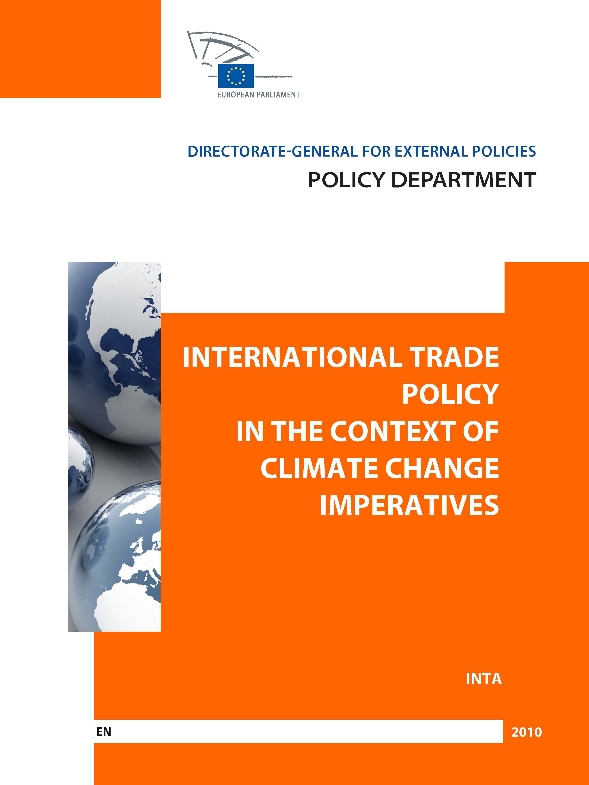International Economic Law and National Measures to Support Renewable Energy
- Presentation
- Date
-
- Location
- Trier, Germany
- Speech
-
Dr. Christiane Gerstetter
The compatibility of national measures to support renewable energy schemes with international trade and investment law was the topic of a presentation by Christiane Gerstetter, Senior Fellow, Ecologic Legal. The presentation was part of the Annual Conference on European Environmental Law of the Academy of European Law at Trier (Germany). The presentation slides are available for download.
Christiane Gerstetter initially highlighted why it is important for environmental lawyers to be aware of international economic law and economic and trade policies more broadly: the state of the environment does not only, and maybe not mainly, depend on environmental regulation, but on economic choices and activities.
Many states have adopted support measures for renewable energy. These come in a variety of forms, notably feed-in tariffs and quota systems. These measures have increased investment in the sector. As a consequence, the production of renewable energy and the required technology have evolved into a more and more important market. This in turn has triggered an increasing number of trade disputes over support schemes for renewable energy.
Christiane Gerstetter pointed out that there is a high risk that such schemes would be considered incompatible with the legal rules of the World Trade Organization (WTO) when they contain local content requirements. In practice, many support schemes in place contain such requirements, which make using a certain share of domestically produced technology or domestic services in the production of renewable a precondition for access to financial support (e.g. a feed-in tariff) or receiving an increased amount of such financial support. While several complaints over renewable energy schemes have been brought before the dispute settlement mechanism of the WTO, only one case has actually been decided. It ended with a verdict that a local content requirement in a Canadian feed-in scheme was not consistent with WTO law.
Besides international trade law, international investment law has also become an important legal benchmark for disputes over support for renewable energy. Lately, a number of claims have been brought by renewable energy producers under the Energy Charter Treaty, notably against Spain and the Czech Republic. Investors claim that reducing an earlier level of support as well as the imposition of certain taxes on the production of renewable energy reduce the value of their investment in renewable energy facilities and violate their rights under the Energy Charter Treaty. Yet the cases have not been decided. As the proceedings are not public, a detailed legal analysis of the cases is difficult.
The presentation built on the earlier project International Law and Support for Renewable Energies for the department responsible for renewable energy policies in the German federal administration.



